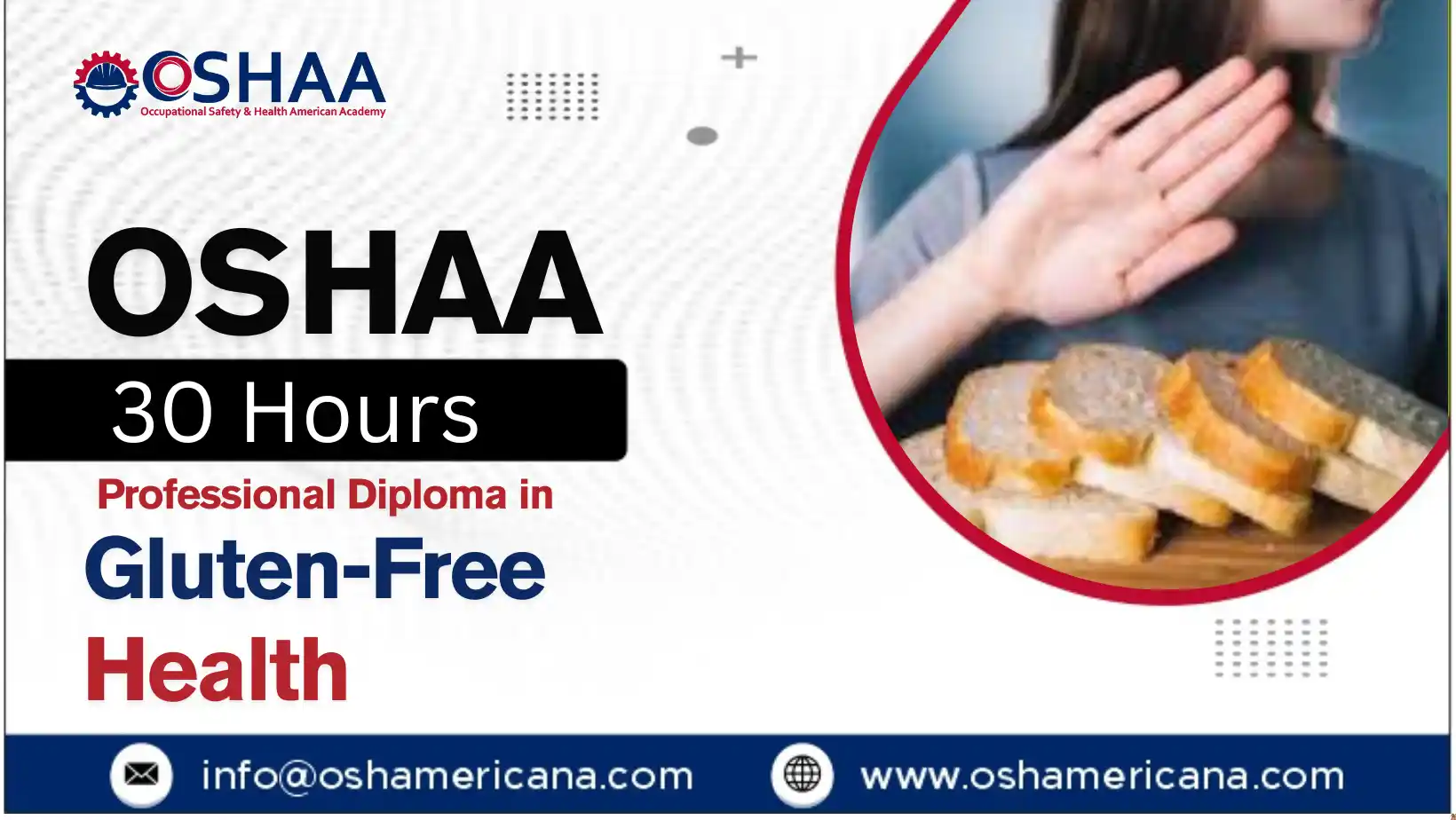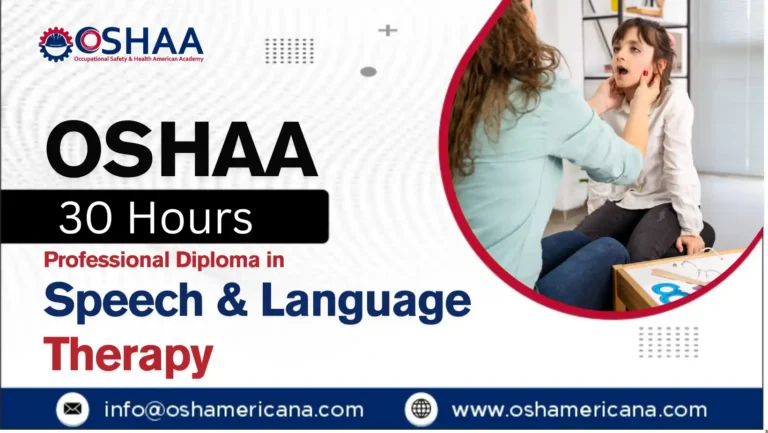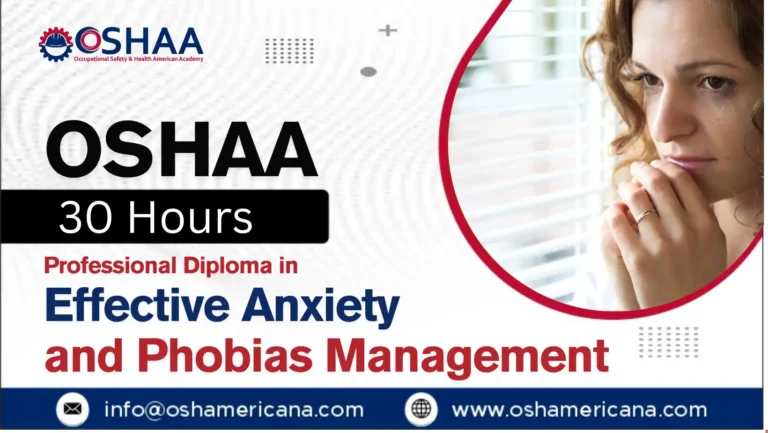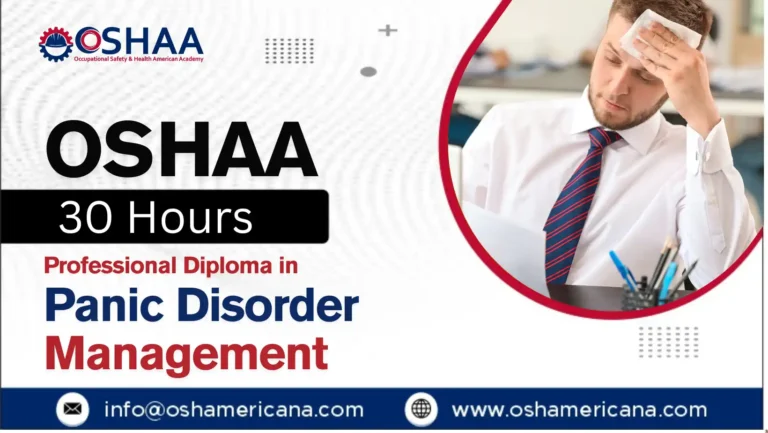The OSHA 30-Hours Professional Diploma in Gluten-Free Health offers participants a thorough understanding of gluten-related health issues and the practical knowledge needed to manage gluten-free diets effectively. As awareness of gluten intolerance, celiac disease, and other gluten-related disorders grows, this diploma provides essential training for those seeking to support individuals in maintaining optimal health through gluten-free living.
Participants will explore the scientific foundations of gluten sensitivity and its impact on overall wellbeing. The course covers the diagnosis, symptoms, and long-term effects of gluten-related conditions, enabling participants to identify and understand these health challenges with confidence. Emphasis is placed on nutritional principles, ensuring that participants gain expertise in creating balanced, gluten-free meal plans that meet dietary requirements while promoting health.
This diploma equips participants with practical tools to educate and support individuals adopting a gluten-free lifestyle. From understanding hidden sources of gluten to navigating the social and emotional aspects of dietary changes, the course covers all facets necessary for comprehensive gluten-free health management.
Ideal for nutritionists, dietitians, healthcare providers, food service professionals, and anyone interested in gluten-free health, this diploma enhances career opportunities and professional credibility. Participants completing the course will be well-prepared to guide clients or organisations in safely and effectively managing gluten-free diets.
OSHAA 30-Hours Professional Diploma in Gluten-Free Health
Study Units
Learning Outcomes
Introduction to Gluten and Gluten-Related Disorders (3 Hours)
- Define gluten and identify its sources in common foods
- Understand the range of gluten-related disorders and their differences
- Recognise the impact of gluten on health and wellbeing
Understanding Celiac Disease and Non-Celiac Gluten Sensitivity (4 Hours)
- Explain the pathology and causes of celiac disease
- Differentiate between celiac disease and non-celiac gluten sensitivity
- Understand diagnostic methods and treatment options for both conditions
Symptoms, Diagnosis, and Health Implications of Gluten Intolerance (6 Hours)
- Identify common and uncommon symptoms associated with gluten intolerance
- Understand clinical diagnostic procedures and testing for gluten-related disorders
- Analyse the short- and long-term health effects of untreated gluten intolerance
Principles of a Balanced Gluten-Free Diet (4 Hours)
- Learn the nutritional requirements for a balanced gluten-free diet
- Plan meals that provide essential nutrients while avoiding gluten
- Understand the importance of dietary balance in managing health
Nutritional Challenges and Alternatives in Gluten-Free Eating (3 Hours)
- Identify common nutritional deficiencies in gluten-free diets
- Explore gluten-free alternatives and substitutes for common foods
- Develop strategies to overcome challenges in gluten-free nutrition
Food Labelling, Cross-Contamination, and Safety Practices (5 Hours)
- Interpret food labels to identify gluten-containing ingredients
- Understand cross-contamination risks and prevention methods
- Implement best practices for gluten-free food safety in various settings
Managing Gluten-Free Food Preparation and Service (3 Hours)
- Develop protocols for safe gluten-free food handling and preparation
- Apply hygiene and sanitation standards specific to gluten-free kitchens
- Ensure compliance with regulatory requirements in food service environments
Social and Emotional Considerations in Gluten-Free Lifestyle (2 Hours)
- Recognise the social and emotional challenges faced by individuals on gluten-free diets
- Develop supportive communication strategies for clients and communities
- Promote awareness and empathy towards gluten-free lifestyle adjustments
- Provides in-depth understanding of gluten-related health conditions and their management
- Equips participants with the knowledge to create balanced and nutritious gluten-free diets
- Enhances skills in identifying and preventing cross-contamination risks in food preparation
- Improves ability to interpret food labelling for gluten content and safety compliance
- Prepares participants to manage gluten-free food services confidently and professionally
- Supports the development of effective strategies to address nutritional challenges in gluten-free eating
- Raises awareness of the social and emotional aspects of living gluten-free, fostering empathetic support
- Increases professional credibility for those working in nutrition, healthcare, or food industries
- Enables participants to educate and guide clients, patients, or communities on gluten-free health
- Contributes to safer, healthier dietary practices benefiting individuals with gluten intolerance or sensitivity
The OSHA 30-Hours Professional Diploma in Gluten-Free Health is designed for participants who wish to deepen their understanding of gluten-related health issues and gain practical skills in managing gluten-free diets. This course is ideal for:
- Nutritionists and dietitians seeking specialised knowledge in gluten-free nutrition
- Healthcare professionals supporting patients with gluten intolerance or celiac disease
- Food service managers and chefs responsible for preparing safe gluten-free meals
- Wellness coaches and health educators aiming to guide clients in gluten-free lifestyles
- Individuals with personal or professional interest in gluten-free health and dietary management
- Anyone involved in food manufacturing, catering, or hospitality who needs to ensure gluten-free compliance
Participants completing this diploma will be well-equipped to promote gluten-free health safely and effectively across a range of professional settings.







